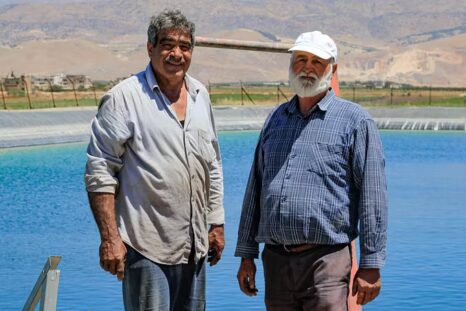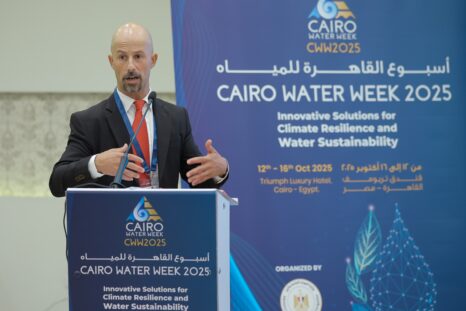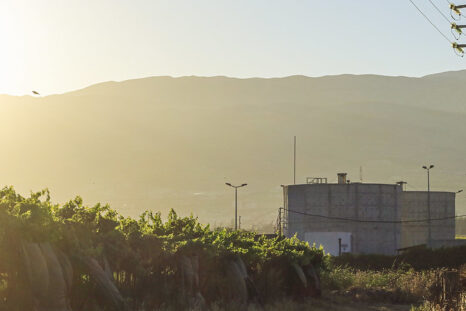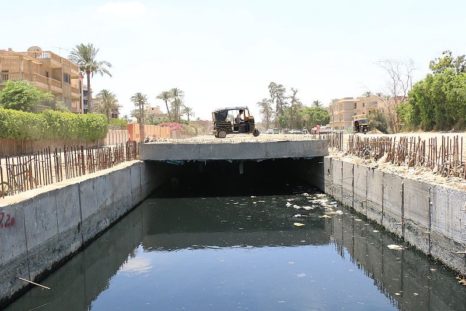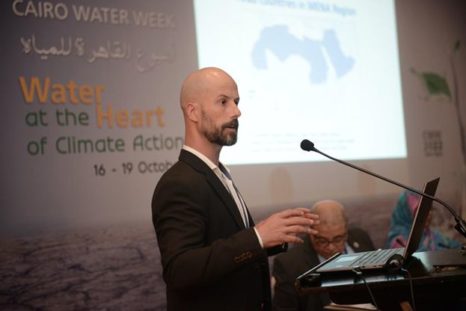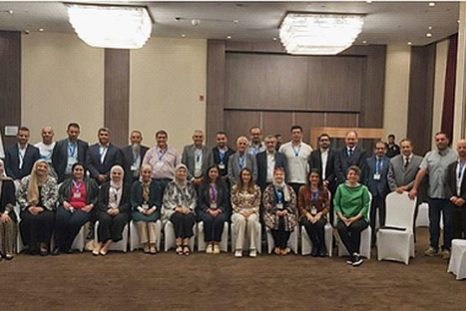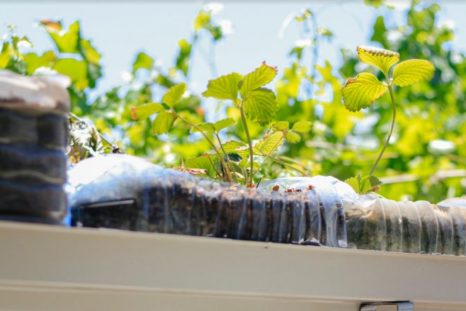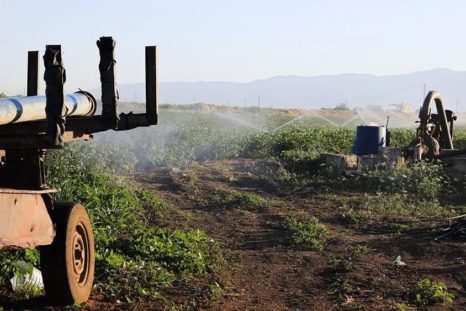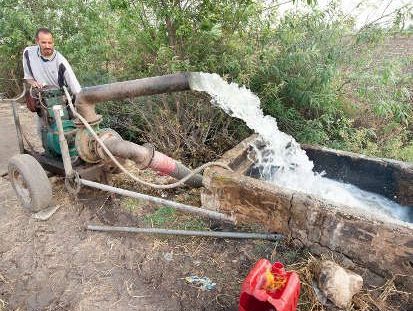Search by:
December 10, 2025
One of the biggest obstacles to water reuse is the lack of reliable data. This makes it difficult for planners and policymakers to identify opportunities or track progress. Researchers of the International Water Management Institute (IWMI) have turned to Artificial intelligence (AI) and remote sensing-based data analytics to equip stakeholders with the insights needed to make well-informed decisions on water reuse.
October 24, 2025
As water scarcity intensifies across the Middle East and North Africa (MENA), governments and experts are looking for sustainable solutions to close the water gap. Javier Mateo-Sagasta, Senior Researcher and Coordinator for Water Quality at IWMI, discusses in this interview the social perceptions, economic constraints, and policy challenges that hinder water reuse in the region. He also explains how AI and remote sensing can help countries like Egypt optimize wastewater management and move toward a more circular water economy.
November 18, 2024
The success of these standards will depend on support from government agencies, international organizations, and the farming community. It will also require ongoing efforts to improve the country’s wastewater infrastructure.
November 8, 2022
When ReWater MENA was launched at Cairo Water Week in Egypt in 2018, it marked the start of an ambitious four-year project to expand the safe reuse of water in the Middle East and North Africa (MENA). Like many parts of the world, the MENA region does not have enough water to meet rising demand.
October 28, 2022
IWMI has strong track records on water reuse, including those from the ReWater MENA project. As a recognition to IWMI’s work, Javier Mateo-Sagasta, Senior researcher and project leader of ReWaterMENA, was invited to provide policy recommendations for more and safer water reuse in the Arab Region at the Fourth meeting of the High-Level joint Water-Agriculture Technical Committee of the League of Arab States (LOAS).
October 25, 2022
The ReWater MENA project, a project funded by the Swedish International Development Cooperation Agency (Sida) and led by the International Water Management Institute (IWMI), reached its end after four intense years of collaborative research between different partners.
October 25, 2022
Increasing water shortages in Lebanon has made informal water reuse become a common practice. In the dry summer months, reusing treated (or untreated) wastewater has helped farmers compensate for their irrigation needs and alleviate pressure on freshwater.
October 14, 2022
Water is part of every step in the food value chain, from food production to processing and consumption. A dependency that is hampering food security in a water scarce region such as the Middle East and North Africa (MENA).
October 14, 2022
Water is part of every step in the food value chain, from food production to processing and consumption. This dependency is hampering food security in the Middle East and North Africa (MENA).

